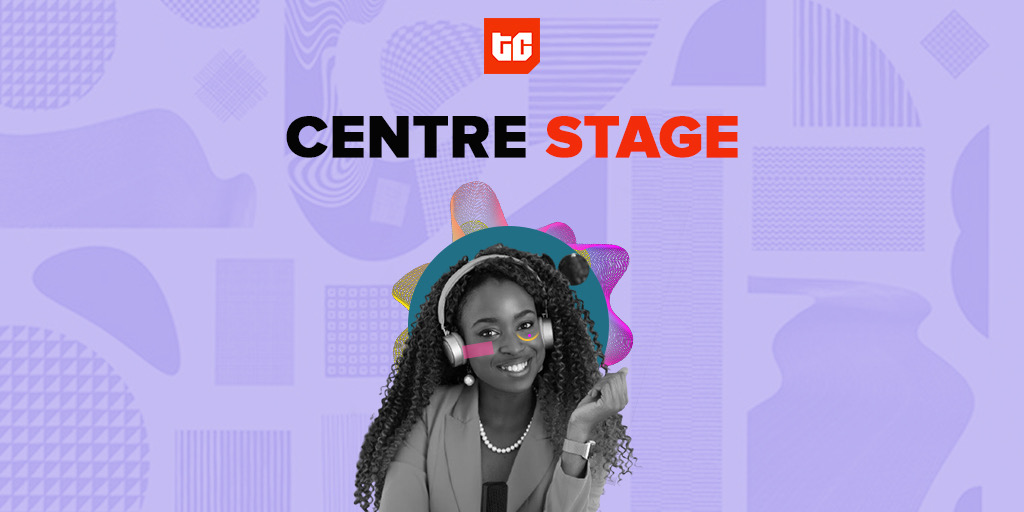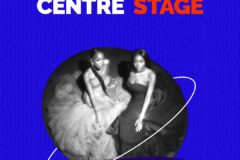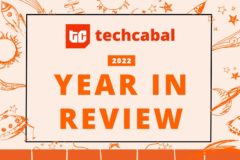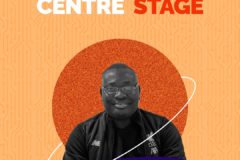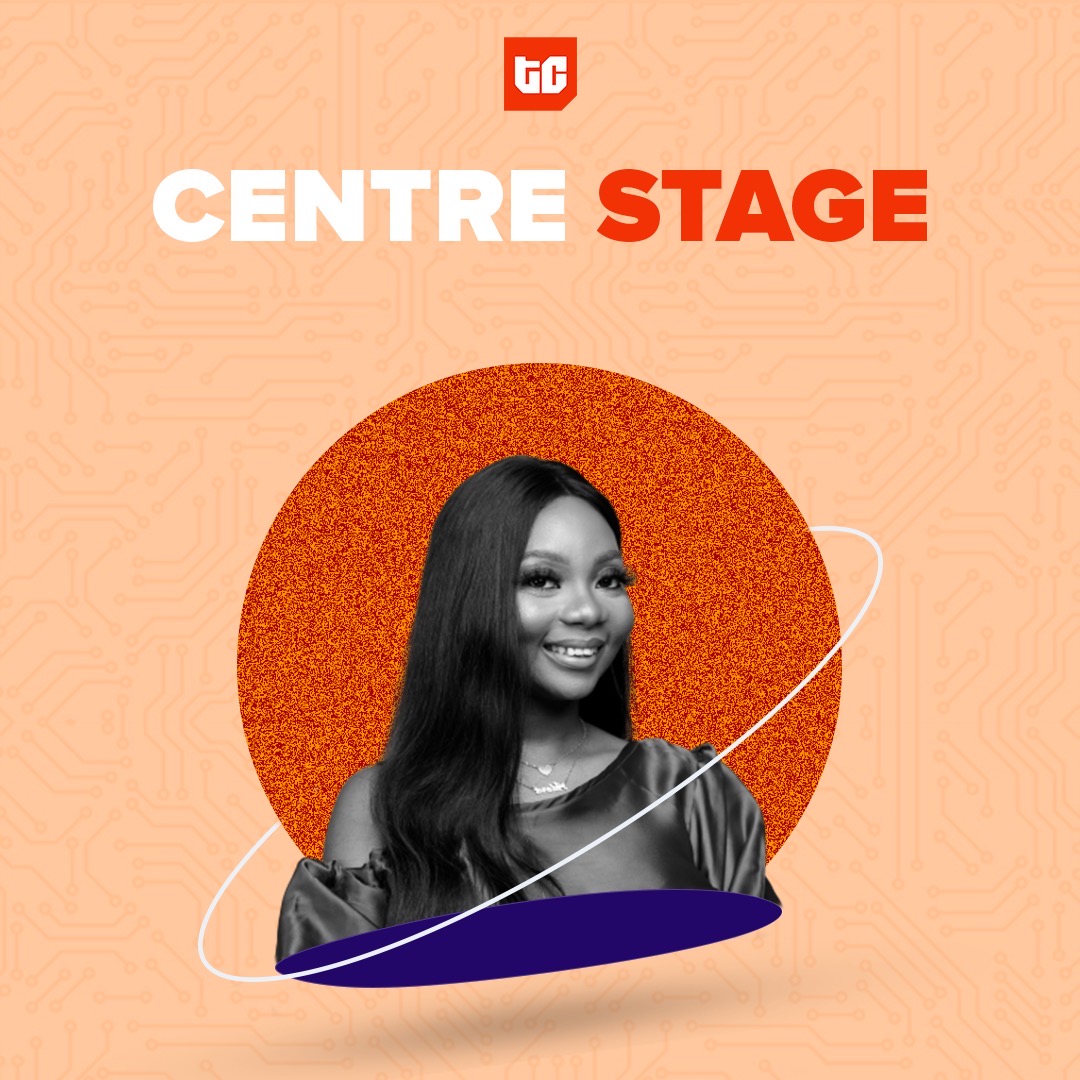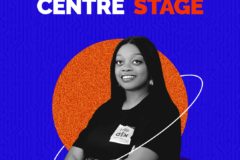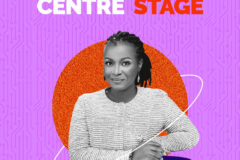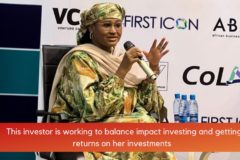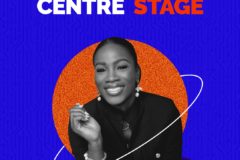When Pearlé Nwaezeigwe is not busy creating policies that protect African users on TikTok, she spends most of her time planning for her future, creating inspirational videos targeted at young people with ambitious career goals, and settling into her new community in Ireland.
TikTok’s presence and influence cannot be denied in Africa. The app is perfect for hyper-creative content creators who know their way around editing tools and special effects. But even amateur video creators, dancers, and comedians are also making waves and growing their TikTok following every day. As TikTok’s popularity soars, the company is intentional about creating policies that protect both creators and viewers.
I’m bringing Pearlé to Centre Stage because I’m inspired by how dedicated she is to honing her craft, learning more about product policy, and fighting for human rights. As a social activist, Pearlé isn’t afraid to speak against policies that harm our fundamental human rights, making her the perfect fit for her role at TikTok.
For the love of TikTok in Africa
What about TikTok’s presence in Africa excites you?
Pearlé: It’s exciting to see how well the creative industry is thriving and booming, especially on TikTok. I feel very inspired when I see creators showcasing their many talents on our platform. And TikTok videos go beyond captions and hashtags – creators have to bring their A-game and capture multiple viewers’ attention within the first ten seconds and keep them watching for up to a minute. Also, African TikTokers are showing us that we all have shared experiences. They are also showing the world how diverse Africans at home and in the diaspora.
What kind of freedom does TikTok give to African content creators?
Pearlé: It gives them the freedom to showcase how rich our culture is and how talented we are as a people. Nigerian and South African creators are especially famous for their dance and comedic videos. TikTok gives them the opportunity to be as expressive as they want to be as long as they stick to our community guidelines.
Let’s get personal
Tell me about the last good book you read?
Pearlé: A lot of people find self-help and motivational books very cheesy, but I enjoy reading them.
I recently read ‘You Are a Badass’. I like the way the book was written because it does not contain a lot of rules and regulations. She uses storytelling to encourage her readers to focus on what matters and the beauty of life. I also love that each chapter ends with a reminder to love yourself and the special parts of you.
‘Loud black girls’ is next on my list. It contains a compilation of short stories by different black women living in the UK. The book delves into their experiences with living, working and navigating life in the UK. I’ve always seen the black and POC experience from the lenses of women living in Nigeria and the US, but Loud Black Girls opened my eyes to see how black women deal with racism and microaggression in the UK. “
What are some of your favourite accounts on social media?
Pearlé: I tell people that I am obsessed with The Verge because they have a section dedicated to Tech Policy. I’m a policy nerd. I also read TC Daily and I have to say, it’s exciting to see how much innovation is coming out of Africa. For tech policy related news and updates, I follow Wired, MITTech, and Access Now.
Who are your favourite content creators?
Pearlé: Beyoncé, obviously. I also follow Shesecures, Useshukran, and Fbeinghumble on social media. On TikTok, I enjoy watching King Science. He uses animated videos to address sensitive topics and create content that is easy to digest and understand.
Infusing creativity, learning new skills and making an impact
What kind of skills do you need to be successful in your role?
Pearlé: Firstly, you need a fundamental understanding of human rights. We want people to express themselves and feel inspired to create but we also want them to feel safe on our platform.
Secondly, you need to understand the local context. The trends that are unique to one region will be different from the rising trends in a different region. We have to pay close attention to gender, religious, and cultural nuances. Most of the popular trends we see on TikTok are fun which means we have to be focused on implementing community guidelines in order to avoid harmful content.
Lastly, you need to research industry standards. We aren’t as focused on competition as much as we are on collaboration. There are trends that start on TikTok that crossover to other platforms – which isn’t unusual – but we have to ensure that crossover trends don’t harm or impede our users’ privacy and rights.
What impactful lessons have you learned on the job so far?
Pearlé: My dad calls me an activist because I like (non-violently) fighting for people. When I think about impact, I think about the fact that I see the policies we create getting enacted in real time. The speed at which we push these policies matters because our users need to feel safe at all times. I’m especially excited that the policies we come up with are focused on protecting creators in Sub-saharan Africa.
What is your role teaching you about content creation?
Pearlé: I’ve learned that content creation has many layers. When I think about the time that goes into creating a really dope animated video or beauty vlog, I appreciate how much creators put into giving us their best works. You might watch a one minute animated video on TikTok without realizing how much effort went into putting it together. I’d say watching these TikTokers create magic is my favourite part of the job.
What makes TikTok stand out from other content creation platforms?
Pearlé: I can’t speak for other platforms but TikTok draws a lot of Gen-Z and millennial creators. Again, people feel safe on our platform. When creators come on TikTok, we give them the tools they need to express themselves without fear of being shut down, threatened, or abused. It’s better to create from a place of freedom than fear.
How do you infuse creativity into your role?
Pearlé: Watching TikTok videos inspires me to keep going and encourages me to do more at work. When you see the policies you create getting executed and doing what they’ve been designed to do, it inspires a level of creativity within you.
Why is product policy important to the creative tech industry in Sub-Saharan Africa?
Pearlé: For us, as product policy managers, we are at the centre of every company. People like me are responsible for seeing all sides to the story. Yes, we see the creative side of things, but we also have to consider safety and security. Big Tech companies, like ours, still have some work to do but we are committed to keeping our users safe.







